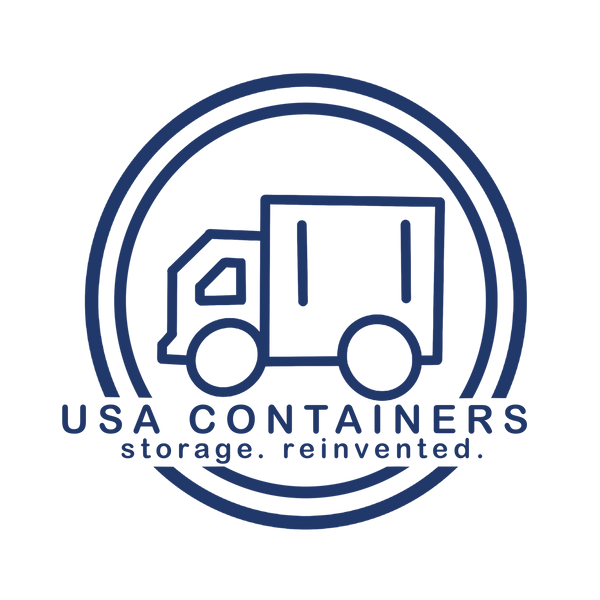Guardians of the Cargo: Navigating Shipping Containers and Lightning
Guardians of the Cargo: Navigating Shipping Containers and Lightning

Shipping containers, those ubiquitous steel giants that traverse the seas and continents, are often viewed as impervious to the forces of nature. However, one force that can have a significant impact on these metal behemoths is lightning. In this article, we will explore the relationship between shipping containers and lightning, delving into the potential risks, protective measures, and real-life incidents that underscore the importance of addressing this often-overlooked aspect of container shipping.
The Threat of Lightning
Lightning, a powerful and unpredictable force of nature, poses a threat to various structures, and shipping containers are no exception. These metal giants, while seemingly sturdy, can act as conduits for lightning strikes. When lightning strikes a shipping container, the electrical energy can traverse the metal surface, potentially causing damage to both the container and its contents.
One of the primary concerns is the potential for fire. Shipping containers often carry a variety of goods, some of which may be flammable or sensitive to heat. A lightning strike can lead to a surge of heat, risking the ignition of combustible materials within the container. This not only poses a threat to the cargo but also increases the risk of accidents during transportation and storage.
Protective Measures
To mitigate the risks associated with lightning strikes, various protective measures can be implemented for shipping containers. One common method is the installation of lightning rods or air terminals. These devices are strategically placed on top of the container and are designed to attract lightning strikes, providing a path for the electrical discharge to follow. This helps prevent the lightning from directly striking the container itself.
Additionally, grounding systems are crucial in dissipating the electrical energy generated by a lightning strike. Proper grounding involves ensuring that the container is electrically connected to the ground, allowing the energy to safely disperse into the earth. This not only protects the container but also reduces the risk of injury or damage to nearby structures and personnel.
Real-Life Incidents
Several real-life incidents highlight the importance of addressing the relationship between shipping containers and lightning. In 2018, a shipping container at a port in South Africa was struck by lightning, resulting in a fire that engulfed the container and its contents. The incident not only caused significant financial losses but also raised awareness about the vulnerability of shipping containers to lightning strikes.
In another incident in the United States, a lightning strike caused damage to the electrical systems of a container, leading to a disruption in the refrigeration unit. This incident underscored the potential impact of lightning on the sensitive technology often present in modern shipping containers.
To further delve into the subject of shipping containers and lightning, it is essential to consult reputable sources in the field. The National Fire Protection Association (NFPA) provides guidelines on lightning protection for various structures, including shipping containers. The International Maritime Organization (IMO) also offers recommendations for ensuring the safety of maritime transportation, including measures to protect containers from lightning strikes.
While shipping containers are designed to withstand the rigors of transportation and storage, they are not immune to the forces of nature. Lightning poses a significant threat, with the potential to cause fires, damage goods, and disrupt essential systems within containers.
Implementing protective measures, such as lightning rods and grounding systems, is crucial to mitigating these risks and ensuring the safety and integrity of both containers and their valuable cargo. By addressing the often overlooked aspect of shipping containers and lightning, the industry can enhance its resilience and protect against the unpredictable forces of nature.
SALES 1-800-304-0981
SUPPORT 1-801-382-8385
E-MAIL: info@usacontainers.co
Message us on:
Twitter: @usa_containers
Facebook: @usacontainersofficial
Instagram: @usa_containers
YouTube: @usacontainers
TikTok: @usa_container
